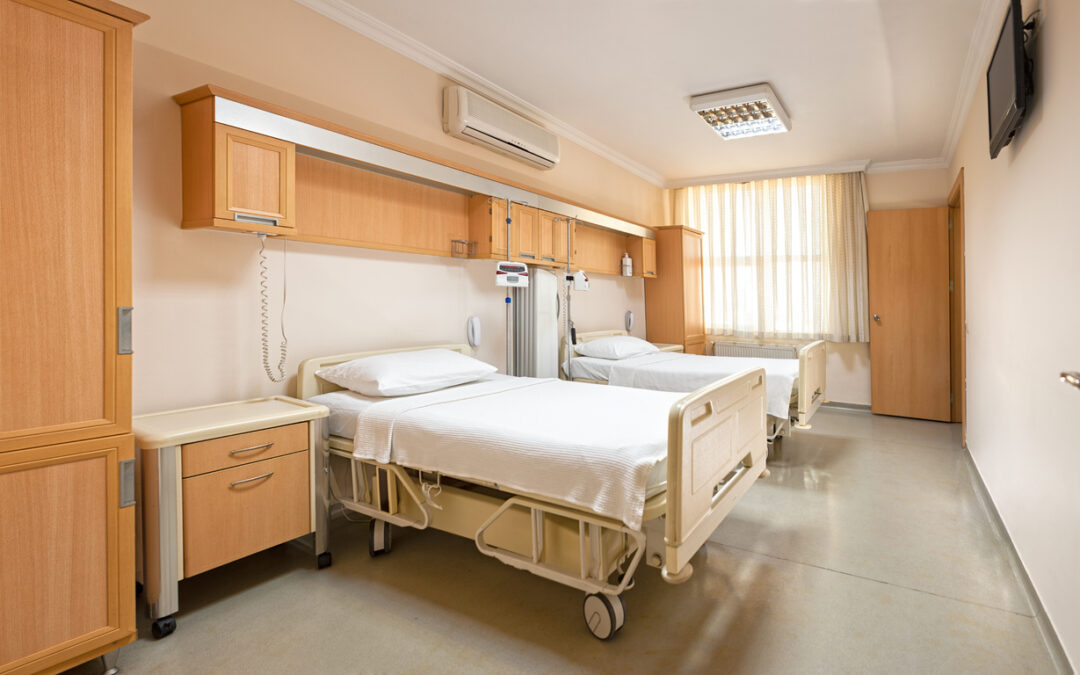Hospitals are busy environments where the health and well-being of patients, staff, and visitors are of utmost importance. One critical aspect of maintaining a safe and comfortable healthcare facility is regular HVAC (Heating, Ventilation, and Air Conditioning) maintenance. So, let’s dive into the importance of regular HVAC maintenance in hospitals and how it contributes to a healthy and efficient environment!
Maintaining Indoor Air Quality
In hospitals where patients with compromised immune systems and respiratory conditions are present, maintaining excellent indoor air quality is paramount. The HVAC system plays a significant role in filtering and circulating air throughout the facility, ensuring it is clean, fresh, and free from harmful contaminants.
Regular HVAC maintenance plans include cleaning and replacing air filters on a scheduled basis. Clogged or dirty filters can lead to poor air quality, as they may not effectively capture dust, allergens, and other airborne particles. By regularly cleaning or replacing filters, hospitals can prevent the spread of airborne infections, reduce allergens, and promote a healthier environment for patients and staff.
Controlling Humidity Levels
Proper humidity control is another critical aspect of HVAC maintenance in hospitals. High humidity levels tend to create an ideal breeding ground for mold, bacteria, and other harmful microorganisms.
On the other hand, low humidity can cause discomfort, dry skin, and respiratory issues for patients and staff. Regular HVAC maintenance ensures that humidity levels are monitored and adjusted as necessary. This helps to mitigate the risk of mold growth, control the spread of infectious diseases, and create a comfortable environment that promotes healing and recovery.
Energy Efficiency and Cost Savings
Efficient HVAC systems not only contribute to the health and comfort of individuals within a hospital but also offer significant cost savings. Regular maintenance helps identify and address any inefficiencies or malfunctions in the system, optimizing its performance and reducing energy consumption.
Well-maintained HVAC equipment operates more efficiently, resulting in lower utility bills for hospitals. By regularly inspecting and maintaining components such as motors, belts, coils, and fans, hospitals can ensure that their HVAC systems are running at peak efficiency, reducing energy waste and saving money in the long run.
Extending Equipment Lifespan
HVAC systems are a significant investment for hospitals. Regular maintenance plays a vital role in boosting the lifespan of this equipment, protecting the hospital’s financial investment. Overlooking routine maintenance can lead to premature wear and breakdowns, necessitating costly repairs or even replacement.
By conducting regular inspections, cleaning, and servicing of HVAC components, hospitals can identify and address minor issues before they escalate into major problems. This proactive approach significantly reduces the risk of unexpected system failures, extends the lifespan of the equipment, and ultimately saves hospitals from expensive replacements.
Compliance with Regulatory Standards
Hospitals are subject to various regulatory standards and guidelines, including those related to indoor air quality and patient safety. Regular HVAC maintenance helps hospitals meet these standards and remain in compliance with regulations set forth by organizations such as the Occupational Safety and Health Administration (OSHA) and the Centers for Disease Control and Prevention (CDC).
By implementing a comprehensive HVAC maintenance program and choosing the right commercial system for their needs, hospitals can demonstrate their commitment to patient care, employee safety, and adherence to industry regulations.
HVAC Maintenance Programs in Connecticut
If you’re ready to invest in a maintenance program for your HVAC system, Air Temp Mechanical Services offers four different contracts to meet your service needs. Call us to speak with one of our team members about your maintenance program options.

